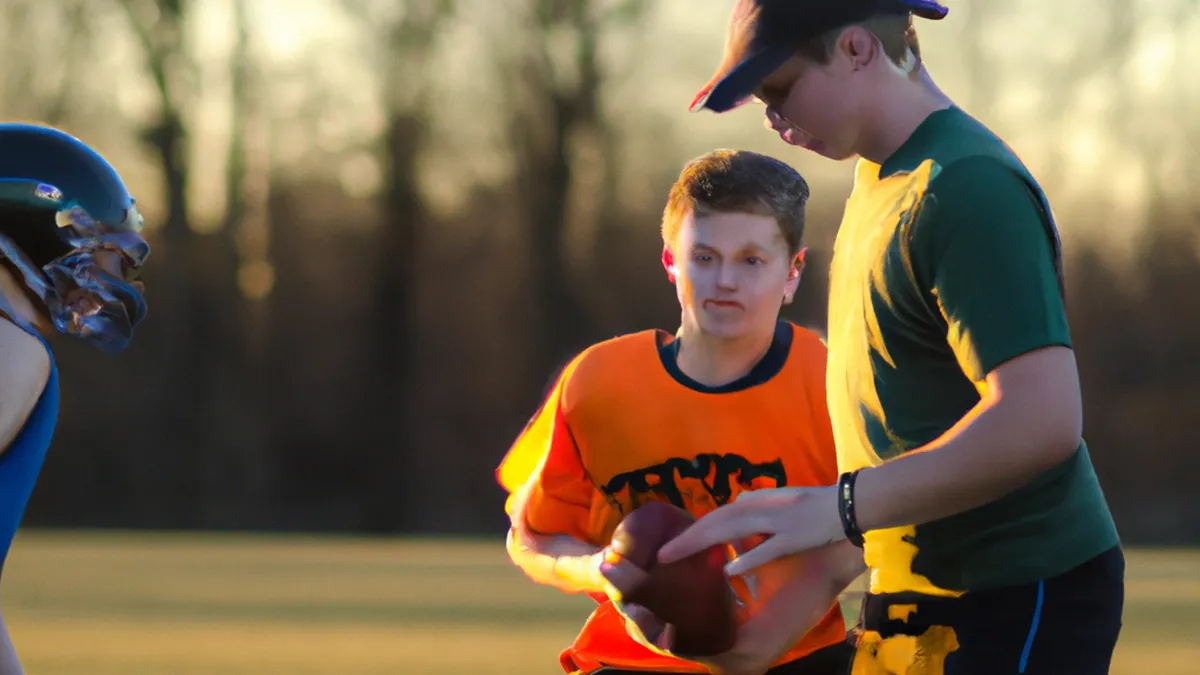Fostering Integrity in Athletes Through Self-Talk
The Role of Self-Talk in Enhancing Sportsmanship Among Athletes
In sports, character matters as much as skill. Athletes compete for victory, respect, and integrity. Self-talk serves as a powerful tool for enhancing sportsmanship. This internal dialogue shapes athletes’ perceptions of themselves and their opponents. It influences their actions on the field and interactions with teammates and rivals. By mastering self-talk, athletes can foster positive interactions and a culture of respect.
Gear tip: consider resistance bands, foam roller and yoga mat to support this workout.
Understanding Self-Talk
Self-talk represents the inner dialogue that influences thoughts, feelings, and actions. It can be positive or negative. Positive self-talk encourages confidence and motivation. Negative self-talk breeds doubt and anxiety. Athletes’ self-talk significantly affects their performance and sportsmanship.
For example, an athlete saying, “I can handle this challenge,” approaches difficulties with determination. If they think, “I’ll probably fail,” they may withdraw under pressure. Recognizing these patterns helps athletes improve sportsmanship and performance.
The Importance of Positive Self-Talk
Positive self-talk plays a vital role in sportsmanship. It helps athletes focus on strengths, promoting a growth mindset. Encouraging self-dialogue fosters resilience and a sense of agency. This resilience benefits athletes, teammates, and opponents, creating a more respectful sports environment.
For instance, a basketball player recognizing their effort after a missed shot reacts positively. They support teammates instead of blaming themselves. This proactive approach promotes respect and fair play, essential components of good sportsmanship.
Techniques for Effective Self-Talk
Athletes can use various techniques to cultivate positive self-talk. Here are practical strategies for their training routines:
1. **Affirmations**: Start each day with positive affirmations. Recite phrases like “I am a team player” to set a positive tone. Affirmations reinforce respect and teamwork.
2. **Visualization**: Visualize positive outcomes before competitions. Imagine performing well and interacting respectfully. This mental rehearsal prepares athletes for real-life scenarios.
3. **Mindfulness**: Practice mindfulness to become aware of thoughts. Being attentive helps athletes identify negative self-talk patterns. Replacing negativity with positive affirmations improves emotional regulation and decision-making.
Conclusion
Self-talk significantly enhances sportsmanship among athletes. Positive self-talk fosters resilience and respect on and off the field. Athletes should embrace techniques to improve their self-dialogue and overall performance.
Below are related products based on this post:
FAQ
What is self-talk and why is it important for athletes?
Self-talk is the internal dialogue that influences an athlete’s thoughts, feelings, and actions. It is important because it can be both positive and negative, impacting an athlete’s confidence, motivation, and performance. Positive self-talk helps athletes approach challenges with determination, while negative self-talk can lead to doubt and anxiety.
How does positive self-talk enhance sportsmanship?
Positive self-talk enhances sportsmanship by helping athletes focus on their strengths and promoting a growth mindset. It encourages resilience and a sense of agency, which benefits not only the athlete but also their teammates and opponents, fostering a respectful and fair sports environment.
What techniques can athletes use to improve their self-talk?
Athletes can use several techniques to cultivate positive self-talk, including affirmations, visualization, and mindfulness. Affirmations involve starting each day with positive statements, visualization helps athletes imagine successful outcomes, and mindfulness allows them to recognize and replace negative thoughts with positive affirmations. These practices improve emotional regulation and decision-making.















Post Comment